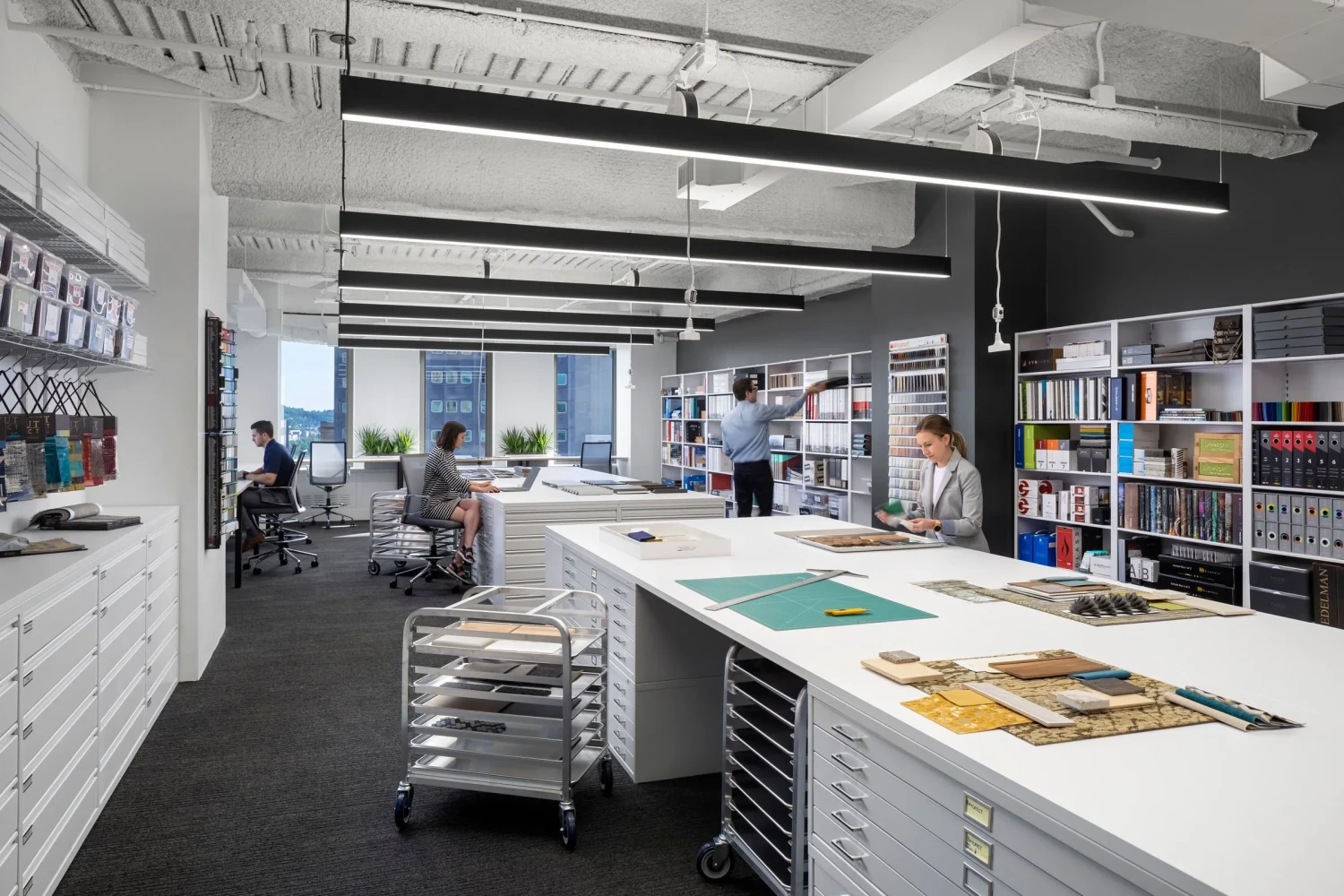
Freelance Architecture Designing the Future of Business Spaces
In the dynamic landscape of contemporary business, the role of freelance architects in shaping the future of workspaces is both intriguing and transformative. These creative professionals are not just designing physical structures; they are crafting environments that enhance productivity, foster collaboration, and align with the ever-evolving needs of businesses. In this article, we embark on a journey to unravel the unique aspects of Freelance Architecture Designing the Future of Business Spaces.
The Role of Freelance Architects
Freelance architects have emerged as catalysts for redefining traditional office spaces. Their role transcends the mere aesthetics of a building and delves into the core functionality of workspaces. They collaborate with businesses to understand their specific needs, corporate culture, and objectives, allowing them to create customized environments that optimize productivity and employee well-being.
The Essence of Flexibility
One of the key tenets of Freelance Architecture Designing the Future of Business Spaces is flexibility. Traditional offices are often rigid and fail to adapt to changing requirements. Freelance architects, on the other hand, infuse the concept of flexibility into their designs. Spaces are modular, adaptable, and multi-functional, promoting efficiency and creativity.
Sustainability and Eco-Friendly Design
In a world increasingly focused on sustainability, freelance architects integrate eco-friendly elements into their designs. From energy-efficient lighting to green spaces and the use of recycled materials, these architects strive to create workspaces that minimize environmental impact.
The Impact of Technology
Technology is a driving force behind the future of business spaces. Freelance architects incorporate the latest technological advancements, ensuring that workspaces are equipped with state-of-the-art infrastructure, including smart lighting, IoT integration, and seamless connectivity.
Maximizing Collaboration
Collaboration is at the heart of modern business success. Freelance architects understand this and design spaces that facilitate interaction and teamwork. Open layouts, communal areas, and huddle spaces are just a few examples of their strategies to promote collaboration.
Employee Well-being and Comfort
Freelance architects prioritize the well-being of employees. They create spaces that are not only functional but also comfortable and aesthetically pleasing. These environments have a positive impact on the mental and physical health of the workforce.
Cost-Effective Solutions
While creating innovative workspaces, freelance architects are also mindful of cost-effectiveness. Their designs are not extravagant; instead, they balance aesthetics with practicality, ensuring that businesses can invest wisely in their office spaces.
Reimagining the Future
The concept of Freelance Architecture Designing the Future of Business Spaces is not limited to the present. These architects are visionaries who anticipate the future needs of businesses. They create spaces that can adapt to evolving technology and changing work paradigms.
In this journey through Freelance Architecture Designing the Future of Business Spaces, we've explored the pivotal role of freelance architects in redefining workspaces. They bring flexibility, sustainability, technology, collaboration, well-being, and cost-effectiveness into the equation. Their designs not only meet the current needs of businesses but also anticipate the future, ensuring that workspaces remain relevant and inspiring.
Frequently Asked Questions
Q: What sets freelance architects apart from traditional architects? A: Freelance architects focus on creating adaptable, cost-effective, and technologically advanced workspaces tailored to the specific needs of businesses, while traditional architects often follow a more standardized approach.
Q: How do freelance architects incorporate sustainability into their designs? A: Freelance architects prioritize sustainability by using eco-friendly materials, energy-efficient systems, and green design principles.
Q: What role does technology play in the designs of freelance architects? A: Technology is a significant factor, as freelance architects integrate smart solutions, IoT, and connectivity to enhance the functionality of workspaces.
Q: What is the impact of freelance architects' designs on employee well-being? A: Freelance architects prioritize employee well-being by creating comfortable and aesthetically pleasing spaces that contribute to a positive work environment.
Q: How do freelance architects balance aesthetics and cost-effectiveness in their designs? A: Freelance architects strike a balance by creating visually appealing yet practical workspaces that align with the budgetary constraints of businesses.
Q: How do freelance architects anticipate the future needs of businesses in their designs? A: Freelance architects design workspaces with flexibility in mind, allowing for adaptation to future technological advancements and changing work trends.
Summary: Freelance architects are at the forefront of shaping the future of business spaces. They bring innovation, flexibility, sustainability, technology, collaboration, and employee well-being into their designs. These architects reimagine workspaces to meet the current and future needs of businesses.
